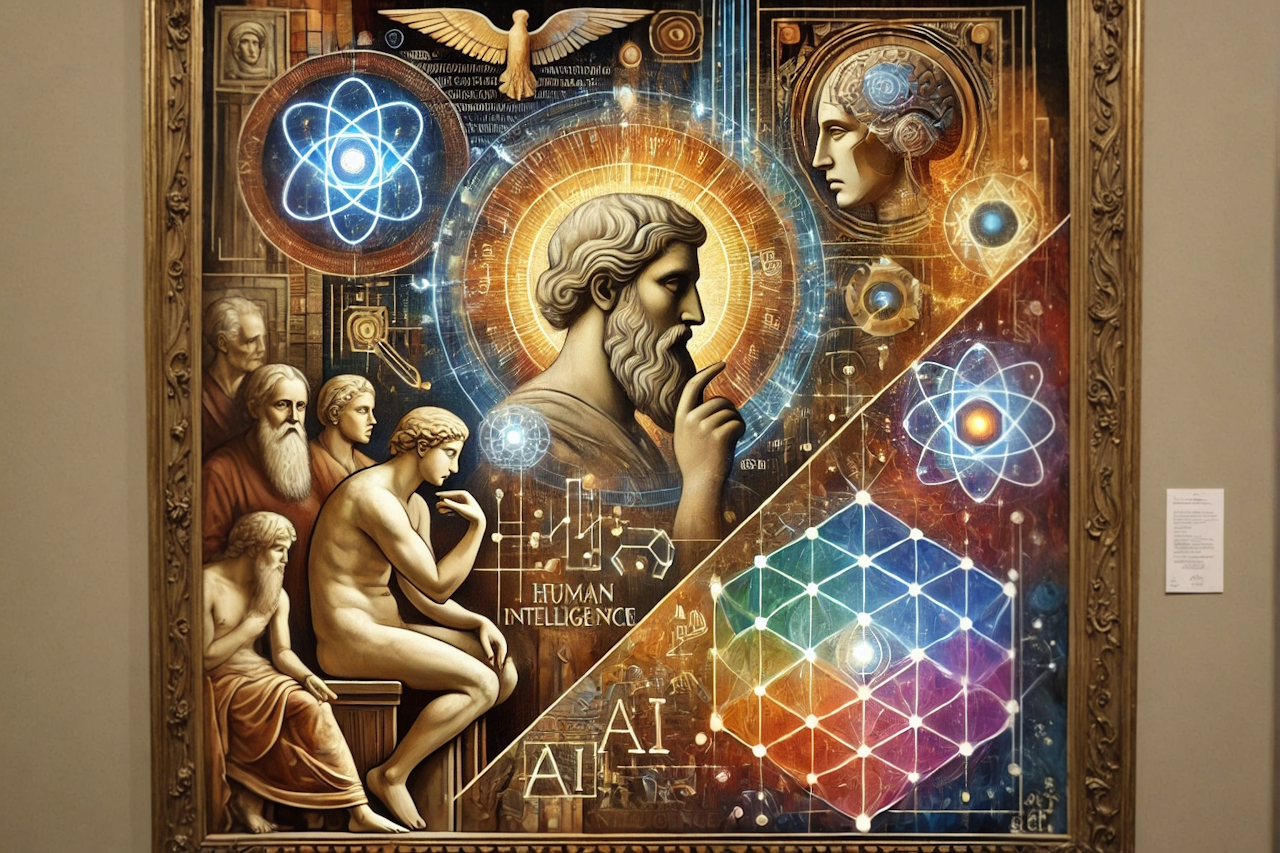As technology dances on the stage of innovation, the concept of “AI Thinking” emerges as a guiding star, urging us to rethink artificial intelligence in practice. This notion, illuminated in a recent research paper, advocates for a transformative approach to AI that aligns more closely with human cognitive processes. As AI continues to weave its threads into the fabric of various disciplines, the need to revisit our approach to AI has never been more pressing. The growing interest in AI’s role in reshaping industries and daily life underscores the urgency of this endeavour.
The audience for this journey into AI’s evolving landscape is diverse. Technology enthusiasts and professionals are eager to understand AI’s impact across sectors, while business leaders and strategists see potential for competitive advantage. Academics and researchers delve into the theoretical advancements, and policymakers focus on regulation and ethical use. Each group seeks to navigate the intricate web of AI’s practical applications, ethical considerations, and regulatory requirements.
Unpacking the AI Thinking Framework
At the heart of this transformation is the AI Thinking framework, a paradigm shift that challenges traditional AI practices. This framework proposes a holistic approach, integrating human-like reasoning and cognitive capabilities into AI systems. It addresses current limitations, offering a pathway to more nuanced AI applications. The framework’s potential is vast, promising to enhance AI’s adaptability and decision-making processes in complex environments. For an in-depth exploration, this resource provides further insights into its core principles.
Current trends in AI, such as inclusivity, regulation, and addressing hiring biases, are reshaping the landscape. These trends influence sectors ranging from education to marketing strategies, as highlighted in recent analyses and insights. As AI becomes an integral part of our lives, the AI Thinking framework could serve as a crucial compass, guiding these trends towards more ethical and effective applications.
Innovators and Challenges in the AI Arena
The AI landscape is a dynamic arena where key players and innovators drive change. Leading organisations and individuals are at the forefront, pushing boundaries and aligning with the AI Thinking framework. Noteworthy innovations, like those discussed at the Info-Tech LIVE 2024, exemplify this alignment. These innovations not only enhance AI capabilities but also address pressing ethical considerations.
However, challenges abound. Ethical considerations and ensuring equitable AI advancements are among the foremost concerns. The framework encourages a balanced approach, recognising both the opportunities for growth and the potential pitfalls. By integrating ethical practices, AI can unlock new futures in various sectors, including infrastructure. The AI Thinking framework offers a blueprint for navigating these challenges, promoting a more inclusive and responsible AI evolution.
Charting Future Paths with AI Thinking
As we peer into the future, the long-term implications of adopting the AI Thinking framework become apparent. This framework offers strategic insights for businesses and policymakers, aligning with emerging AI trends. By prioritising ethical and practical considerations, stakeholders can harness AI’s full potential. The framework’s emphasis on human-like reasoning could revolutionise industries, offering new avenues for innovation and growth.
Overall, the AI Thinking framework is not just a theoretical construct; it is a call to action. As AI continues to evolve, adopting this framework could be the key to unlocking its potential while safeguarding ethical standards. Stakeholders are encouraged to embrace innovative approaches to AI deployment, ensuring that technology serves humanity’s best interests. The journey of AI Thinking is just beginning, promising a future where AI and human intelligence coalesce harmoniously.
In Other News…
The Billionaire Behind AI’s Invisible Workforce
Alexandr Wang’s Scale AI utilizes an army of gig workers worldwide to manage and refine AI systems, raising both business potential and ethical concerns.
Read more here
Meta Challenges EU Regulations in AI Growth Standoff
Meta and other tech companies argue that the European Union’s AI regulations could limit innovation, posing risks to the booming AI industry.
Read more here
Tech Jobs Freeze: AI Shifts Resources Away from Software Engineers
As focus shifts toward artificial intelligence, traditional tech jobs, particularly for software engineers, are drying up, and there are no signs of a quick recovery.
Read more here


